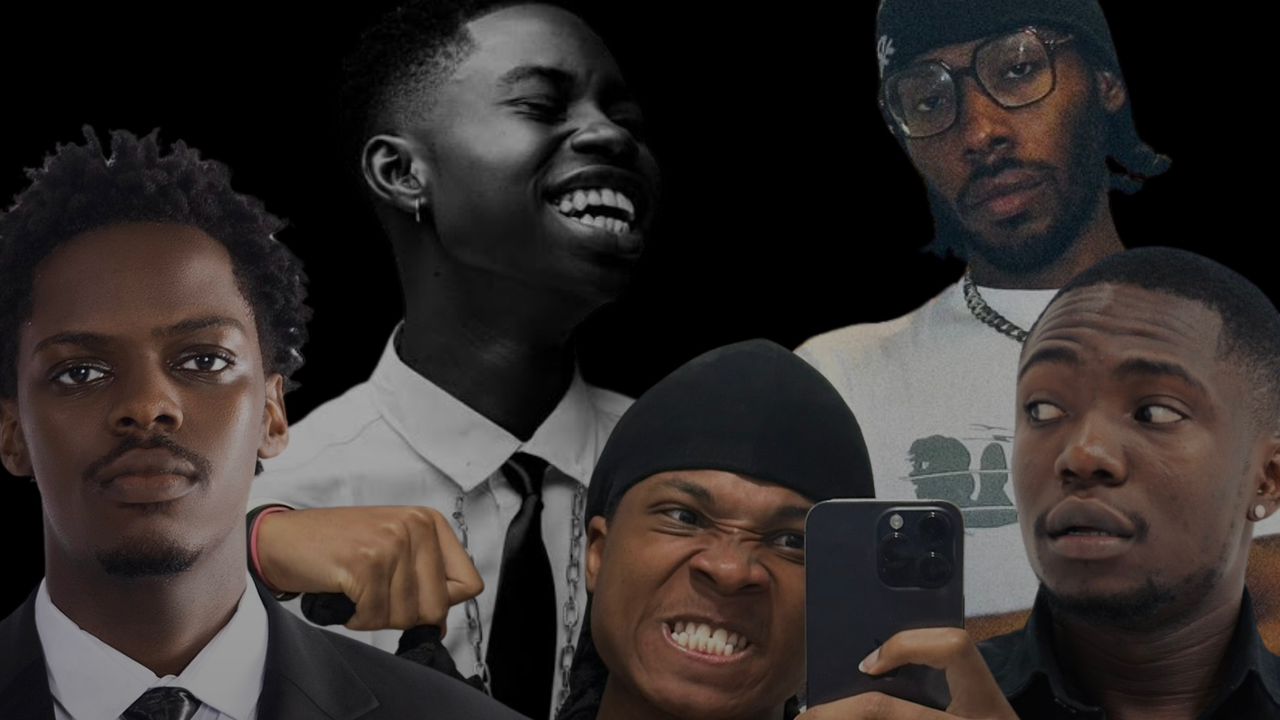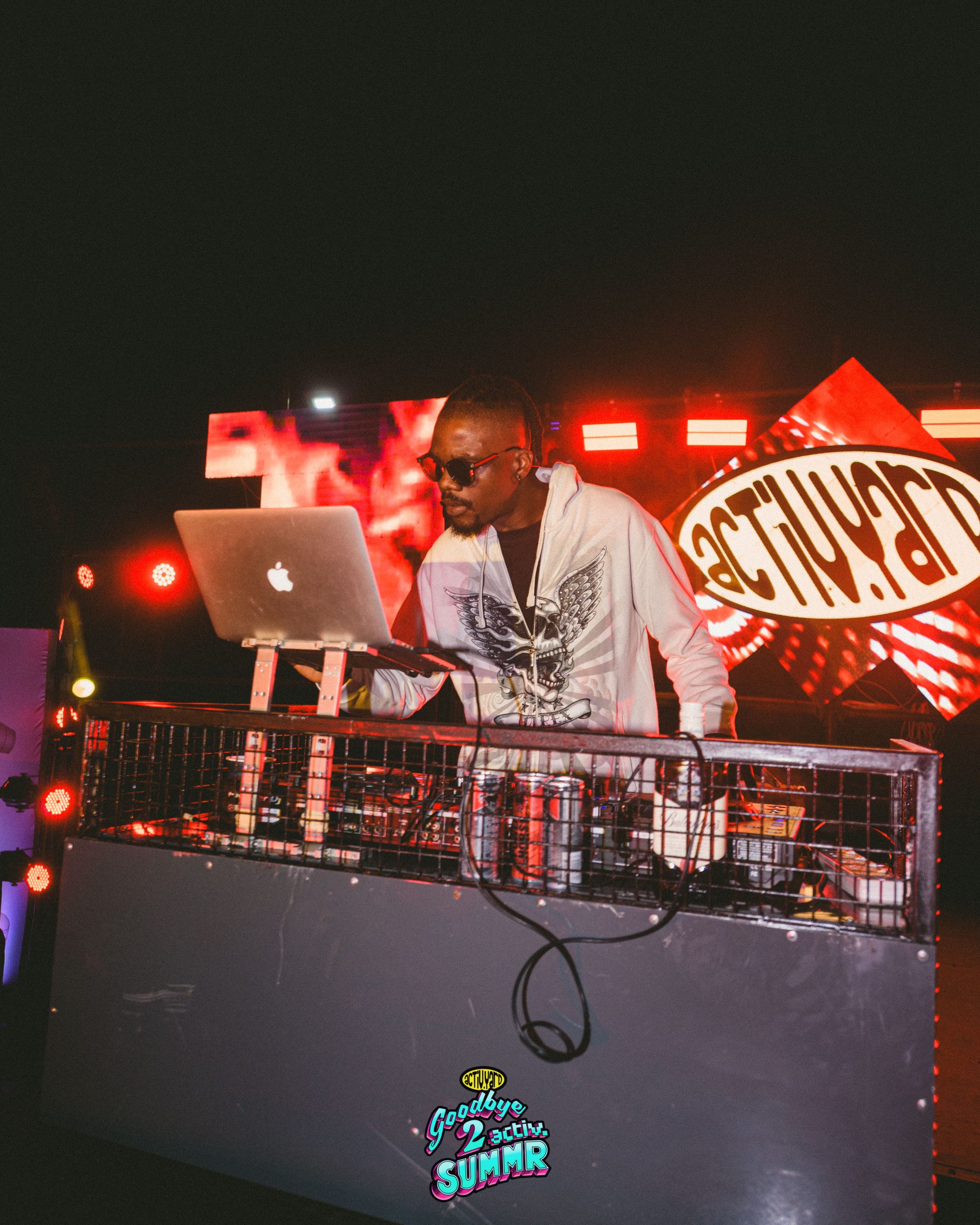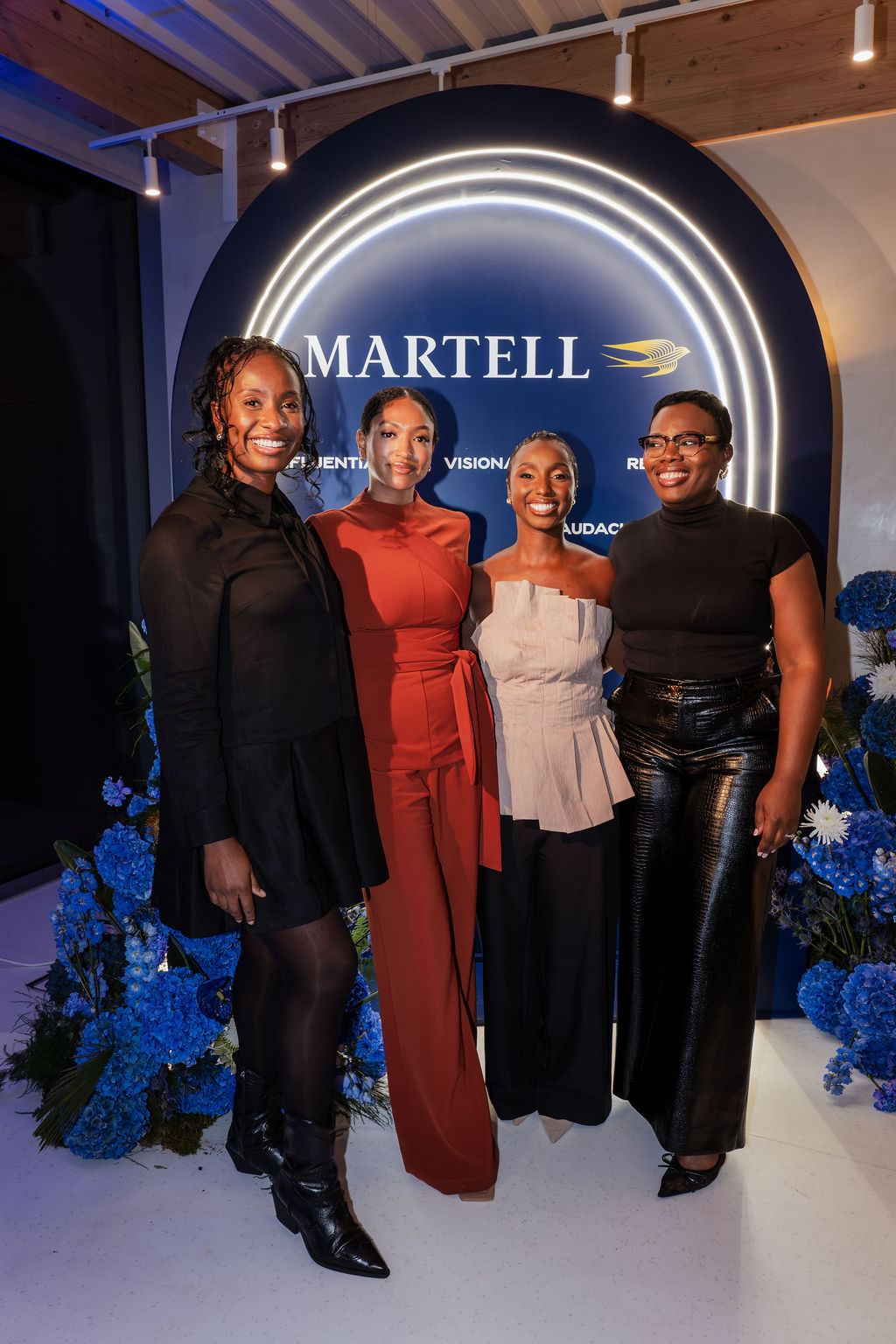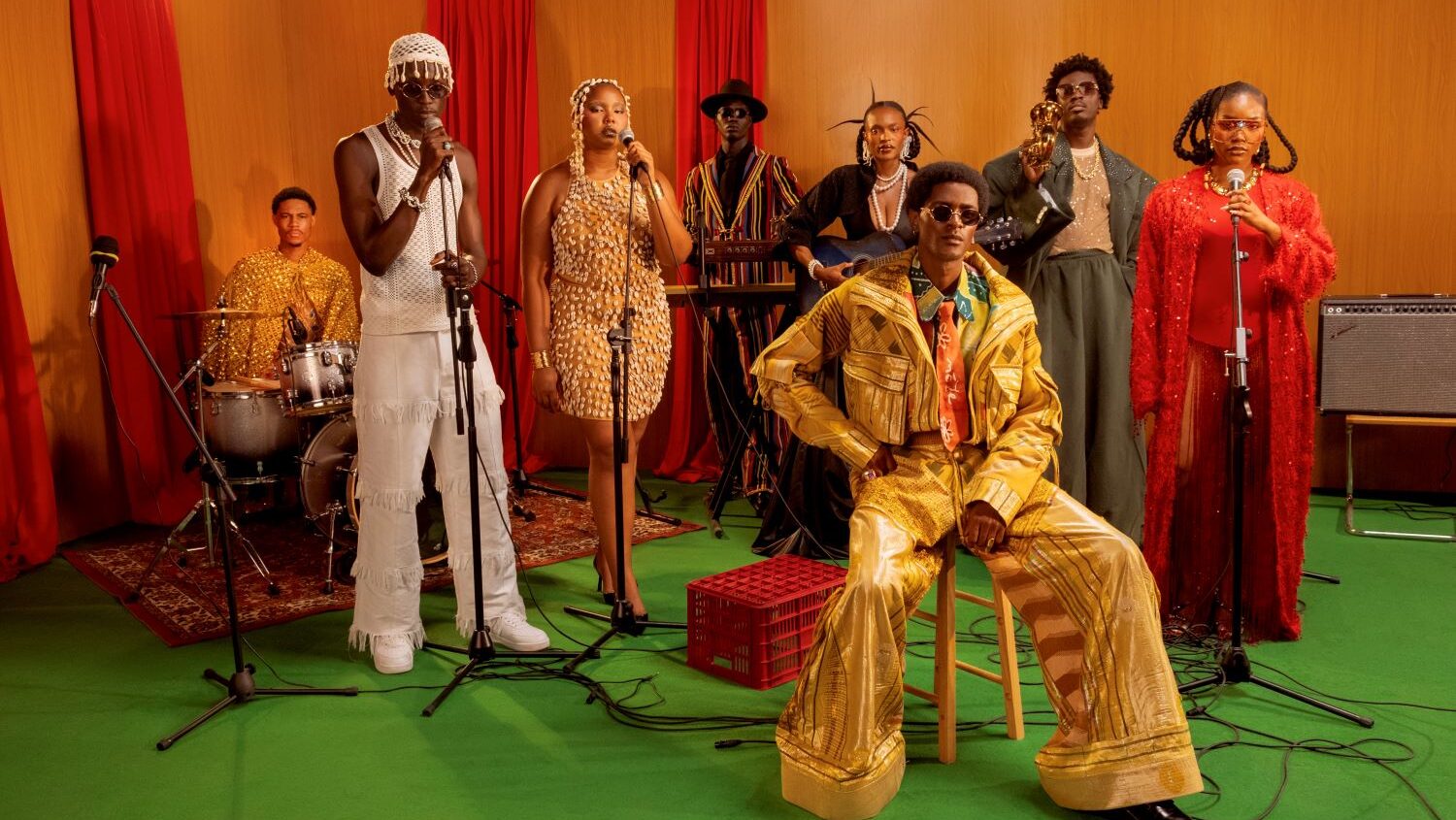The music industry is undergoing a profound transformation, with live streamers rapidly emerging as the “new TikTok” for music discovery and the breaking of new artists and songs. This paradigm shift is evident globally, exemplified by the first of its kind record deal between EMPIRE and streamer N3ON. This landmark record deal signals the music industry’s formal recognition that culture is actually being shaped on these streaming platforms.The proof is in the performance. N3ON’s live-streamed preview of Gelo’s “Tweaker” spawned a lot of 2000s-themed memes, creating anticipation and excitement ahead of the release. This directly contributed to the song becoming a Billboard Hot 100 hit, debuting at No. 29. Billboard said of this moment, “It’s a sign of the times and music landscape in 2025 with streamers serving as powerful newschool gatekeepers with more cultural currency than radio staples like Hot 97”.

At the forefront of this global shift is Kai Cenat, who pulled in a whopping 184,500,462 hours watched in 2024. Cenat has arguably become music’s most powerful influencer and a key force of internet culture. His influence, particularly over the Gen Z audience, means that streamers like him are now dictating what is cool in music, serving as Gen Z’s equivalent to 106 & Park and other traditional music shows that once dictated popular culture.
This has led to an unprecedented trend where major artists are opting to debut unreleased music or engage in promotional activities directly on live streams, bypassing traditional media like radio or TV entirely. The roster of high-profile artists who have leveraged Cenat’s platform reads like a who’s who of contemporary music. Drake famously joined a stream via FaceTime and even premiered his “Family Matters” diss track, knowing a good review from Cenat could bolster sales amid his battle with Kendrick Lamar. Other music stars like Lil Uzi Vert, NLE Choppa, Nicki Minaj, Lil Baby, 21 Savage, Toosii, GloRilla, A Boogie wit da Hoodie, Blueface, Lil Yachty, Polo G, Kodak Black, Lizzo, SZA, and Snoop Dogg have appeared on Cenat’s streams for various interactions.
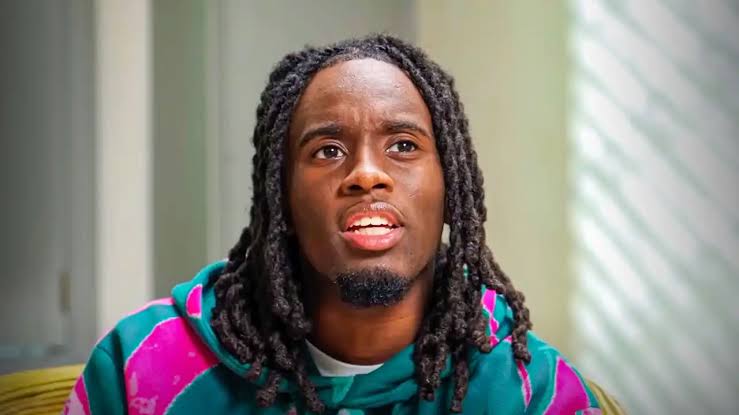
The Nigerian music industry is witnessing a similar trend. The country’s young, digitally native population and the global success of Afrobeats create fertile ground for streamer-based music discovery and promotion. Cruel Santino, a leader in Nigeria’s underground alte scene, uses his “Subaru World” Twitch stream for intimate and unfiltered experiences. His stream hosted Davido for the rollout of his 5ive album, previewing some of the tracks and sharing stories around the album and OBO’s career in general. Santi’s stream offers fans exclusive unreleased music, live creative sessions, and interactions with surprise guests.
Shank Comics, a popular Nigerian comedian who recently expanded his reach to Twitch, is already the biggest African streamer on the platform. He has hosted artists like Olamide and was accepted into Kai Cenat’s Streamer University, quickly becoming a leader in Nigeria’s growing streaming ecosystem. Other notable creators like Peller, Rynenzo, and Carter Efe are diversifying the growing pool of Nigerian streamers.

What sets live streaming apart from previous discovery platforms is its commitment to authenticity. Gen Z audiences, who represent the primary demographic for music discovery, crave genuine interaction with musicians, behind-the-scenes content, and glimpses into artists’ true selves. The unpredictability of live streaming creates spontaneous, unscripted moments that often go viral, resonating with audiences in ways carefully curated content cannot. When these authentic moments happen, they feel organic and special.
Live streaming has also evolved into a sophisticated content distribution engine. It is not uncommon to see long streams chopped into shorter, shareable clips for platforms like TikTok, Twitter, Instagram, and YouTube for short-form platforms and even distributed as long-form content on YouTube. Kai Cenat’s team actively chops up longer streams into 10-20 clips to be shared on short-form platforms, ensuring his content reaches audiences far beyond Twitch. This cross-platform content distribution strategy makes streaming an almost perfect medium for content distribution, one that maximizes reach and engagement across a diverse media ecosystem.
Perhaps most significantly, live streaming allows artists to bypass traditional music industry gatekeepers – record labels, radio, blogs – enabling direct releases and greater creative control over their narrative. Artists can connect with fans authentically without intermediaries filtering their message.
The success of artist-streamer DDG provides a case study for how artists can integrate streaming into their creative process and marketing strategy. DDG’s album Blame the Chat was created during his “Hit-A-Thon,” a week-long, 24/7 live stream where fans provided real-time input on his music. He allowed his audience to pick the beats and songs that would appear on the album, a process he says significantly reduced his stress and ensured the final product will be well-received. The transparency inherent in live streaming has proven invaluable for DDG’s credibility. Streaming enables fans to witness his actual talent live by seeing him make music from scratch.
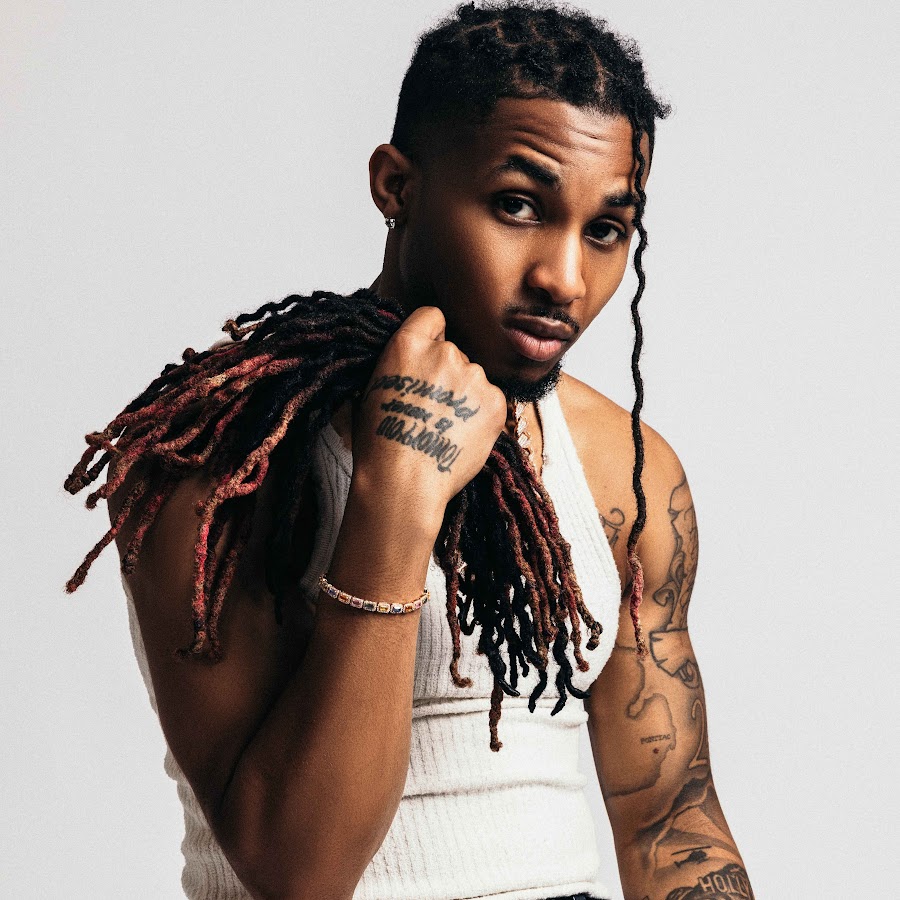
DDG’s trajectory offers interesting insights into the evolving relationship between content creation and music. Artistes should no longer treat live streaming as secondary to their promotional efforts; just as artists maintain active presences on Instagram and X, platforms like Twitch represent untapped territory for authentic fan engagement that transforms passive listeners into active community members through real-time interaction. Simultaneously, much like we’ve seen TikTok stars transition into music, it is inevitable that some of these streamers will release music and maybe become superstars, at some point. Infact, DDG believes if streamers and content creators took music more seriously, they would take over the music industry.
While challenges such as the high cost of data and unreliable internet connectivity exist in Nigeria, the momentum behind live streaming is undeniable. As we move deeper into 2025, the convergence of streaming culture and music discovery appears irreversible. The success stories emerging both globally and locally demonstrate that live streaming offers something most platforms cannot: sustained, authentic engagement that builds genuine communities around artists and their music.
The industry’s future likely lies not in choosing between these platforms, but in understanding how they can work together.
